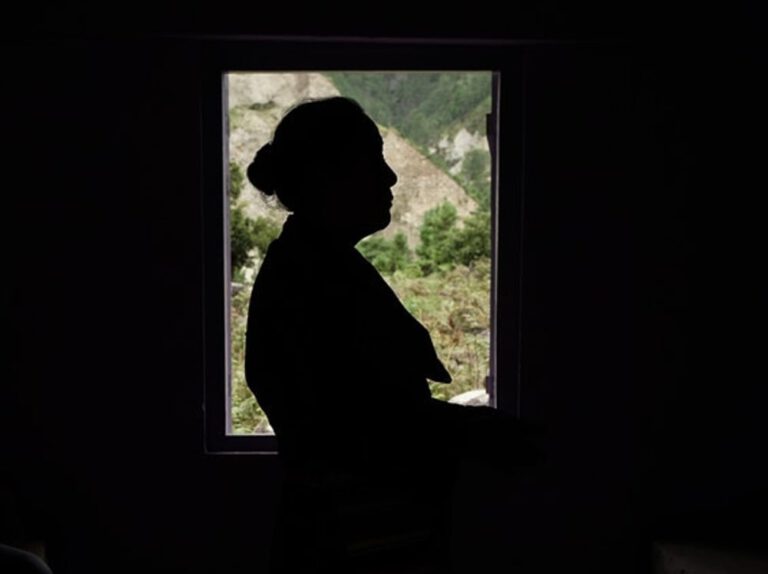Objection to a Will
Challenging a Will: Legal Grounds and Procedures
Often, after a person’s will is discovered, the legal heirs might find themselves disadvantaged by the distribution outlined in the will. This may occur due to reasons such as undue influence on the testator, involvement in drafting the will, the testator’s incapacity, technical flaws in the will, and more.
In such cases, heirs named in the will have a legal option to contest the will. The Family Court will then examine the testator’s condition at the time of drafting the will and investigate the true intentions behind the distribution of the estate. If the court fully accepts the challenge, that will be annulled and will have no legal effect.
Legal Framework
To ensure that one’s last wishes are fulfilled, a person must draft a will according to specific provisions outlined in the Inheritance Law, 1965. After death, heirs must apply for a probate order to implement the will.
Section 67 of the Inheritance Law states: “When a request for a probate order or a will execution order is submitted, the Registrar of Inheritance shall announce this publicly and set a suitable time for objections, which shall not be less than two weeks from the announcement; any interested party may submit an objection to the Registrar within the specified time and until the order is given.” Regulation 19 of the Inheritance Regulations, 1998 details the procedural steps for submitting objections to a probate order.
Thus, heirs named in the will who oppose its validity may file an objection with the Registrar of Inheritance. In such cases, the matter is transferred to the Family Court, unless the Registrar dismisses the objections outright.
Legal Grounds for Objection
The Inheritance Law allows objections to a probate order based on technical grounds related to the validity of the will, such as issues with the identity of the writer, the competency of witnesses, or defects in the document itself. Substantive grounds include undue influence on the testator, pressure, threats, or coercion, or situations where a legal heir influenced the testator, raising concerns that the will was not made voluntarily. Additionally, objections may arise from the testator’s mental incapacity, irreparable flaws in the will, or involvement of others in drafting the will.
When submitting an objection to a probate order, the Registrar must detail the basis of the objection, the legal grounds, and provide as much supporting documentation and evidence as possible, including an affidavit to validate the request. A family law attorney handling the case will file the objection along with copies for all involved parties.
What Can Be Done?
There are situations where heirs named in a will feel they have been unfairly excluded or believe the will does not reflect the testator’s true intentions. This might occur due to undue influence by a family member or other reasons. It is advisable to investigate the circumstances of the drafting of the will and the testator’s condition at that time to determine if undue influence might have affected the testator or if they were not fully aware of how their estate was to be distributed due to their medical condition.
Given the complexity of this legal process, which requires precision, expertise, and experience, it is recommended to file objections with the assistance of an attorney specializing in inheritance law, particularly one with substantial experience in family law and real estate. At On Eyal Yanku Law Office, we specialize in managing will objections from start to finish, adhering strictly to deadlines and legal requirements.








